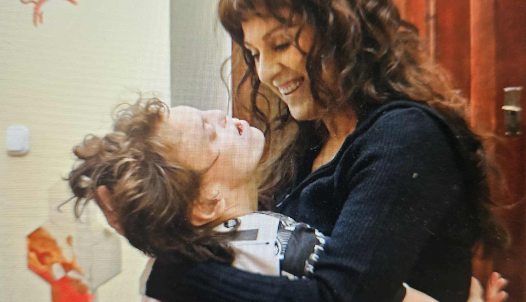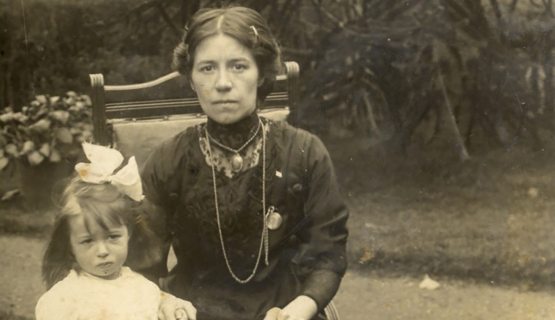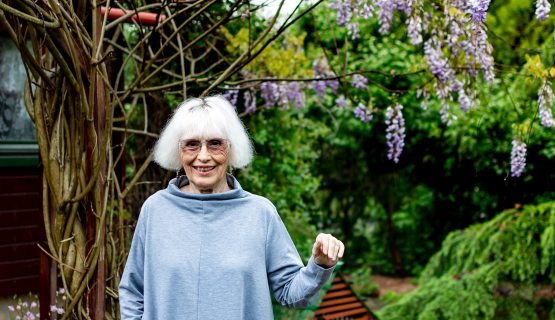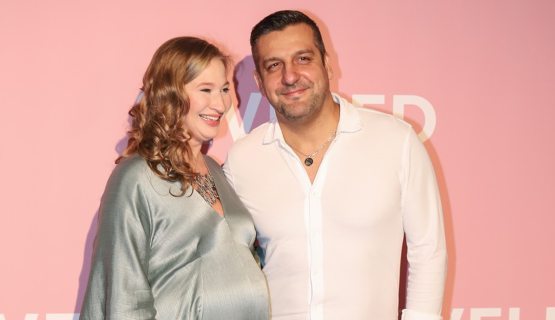“Only the forgotten die” – The immortal love of a 1956 martyr and a young woman
Árpád Brusznyai was a true intellectual. A young teacher who only wanted good, who did not murder or steal, his only ‘crime’ being that he dared imagine a freer country for himself and his family. However, in the wake of the crushing of the 1956 Revolution he was imprisoned and then executed. The wife of the teacher, who at the time he was sentenced to death was just 33 years old, kept a diary during his imprisonment filled with words of love and the hope that one day, Árpád would come home and embrace his three-year-old daughter again.
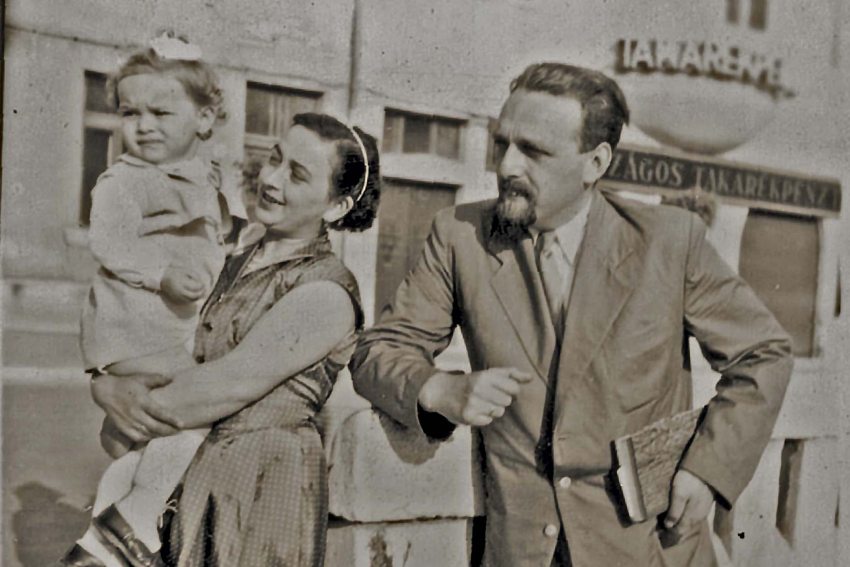
“I don’t have to tell you how much I miss you! Nobody, nothing can replace your dear, beautiful self and your gentleness. Each evening the three of us: your photograph, Margit and I, huddle together and cry. This scrap of a child is crying and kissing the cold glass or insensitive paper of your photo. (…) ‘My sweet Jesus, bring back Daddy, let my Father come back to me, my Jesus, throw open the prison, let Daddy out!’ she says to me, weeping.”
On reading these lines, Ilona, the pretty and brave young woman in her simple check pattern dress, comes to life as she fills the lined booklet with her graceful letters, her concerned yet still hopeful words of love.
In the foreword to the diary, the editors note that the booklet is a document, description of history and confession all in one. Dr. Brusznyai Árpádné, Ilona Honti’s writing is primarily a chronicle for her husband, through which the diarist recorded that period she had to spend without her beloved husband, in the hope that all this would be merely an episode – shorter or longer – of a life lived together once again. Unhappily, it was not to be. Árpád Brusznyai was an average teacher who after the collapse of the revolution was arrested at Easter 1957. In a show trial, the man was sentenced to life imprisonment because he identified with the demands of the revolution and because he was the chairman of the Veszprém County National Revolutionary Council; at the same time, it is worth noting that Árpád strongly opposed the bloodshed and forthrightly condemned the arming of young university students. One year after the revolution, in 1958, János Pap (he was the enthusiastic comrade who was never called to account for his dastardly crimes, and who in 1994 ended his own life), MSZMP first secretary of Veszprém county, called for the ultimate punishment: the young teacher was sentenced to be hanged.
Ilona Honti was 23 when she married Árpád, and their little girl, Margit, was born a year later.
After her husband’s execution, the 28-year-old mother found a position as catering manager at the Institute of the Deaf-Mute in Vác, and she remained loyal to her husband until her death.
Reading her diary, it comes as no surprise that she did not allow anyone to take the place of Árpád. From the book we receive a portrait of a passionate woman deeply in love, who expresses in writing all her emotions in the hope that later on she can pass on the little girl’s everyday life to a father who may have loved only God and his homeland more than his family. It is hugely moving to read of Ilona’s desperate attempts to win over supporters and obtain money for her husband’s release while we, the readers, already know the sad fate that awaited him. Looking into the young woman’s thoughts, we can feel ourselves to be in a time machine that takes us back to a period heavy with pain, insecurity and grief. In the aggregation of words tinged with fear, young Margit is like a tiny ray of light as she plays with her pigtail and above all else yearns for the return of her beloved father.
The book, published by the Brusznyai Árpád Foundation with the support of the Committee of National Remembrance, is vital because it portrays the communist reign of terror from a hitherto little seen perspective.
Every martyr left behind a grieving widow, children, relatives, neighbours, colleagues, friends, in whose lives the tragedy left an indelible mark.
Besides being broken by the imprisonment or loss of their loved ones, they still had to stand among the ranks of the living, take care of those who remained and keep the family together when all had fallen apart around them. Ilona Honti is just as much a hero as anyone who, with straight back and brave intention, could stand their ground in this terrible period. There are a few photographs at the end of the barely 100-page diary. We can muse on the wedding photo of the happy couple, the laughter of Margitka, and in the meantime think that this is a story everyone should know.
Turning the pages of the book, it becomes clear that the commemoration of the 1956 Uprising is about far more than the mere laying of wreaths, speeches, lighting candles and the playing of Beethoven’s overture on TV. The role of the narrative is overwhelming, personal stories always bring people closer to events than history books because the emotional charge of narratives allows us to identify with those figures who actually lived through the events. Brusznyai Árpádné, Ilona Honti’s diary is brutal in incising in the reader’s heart the fact that everyone was awaited at home by someone.
In one paragraph of the book, little Margit questions the other children, asking “did the bad people also take your fathers away?”.
When I read this, it sent a shiver down my spine. As if I could see the starry-eyed kid in front of me as she asks my three-year-old daughter the same question, to be immediately told “no”. Our children don’t have to fear their parents being taken away because they were born in a far happier time than Margit. Because Árpád Brusznyai and the other heroes sacrificed themselves for a free world in which lovers are not torn asunder because of their convictions and in which children are not orphaned due to the world views of their parents.
“I’m thinking of you, my dear, sweet boy. Can you feel it? Every evening at half past nine, just as we agreed,” Ilona writes in her diary. I will be thinking of the Brusznyai family precisely at 8.30 pm tonight, and my heart will be filled with gratitude that, together with the other ‘56 heroes, they made their sacrifice for our freedom.


